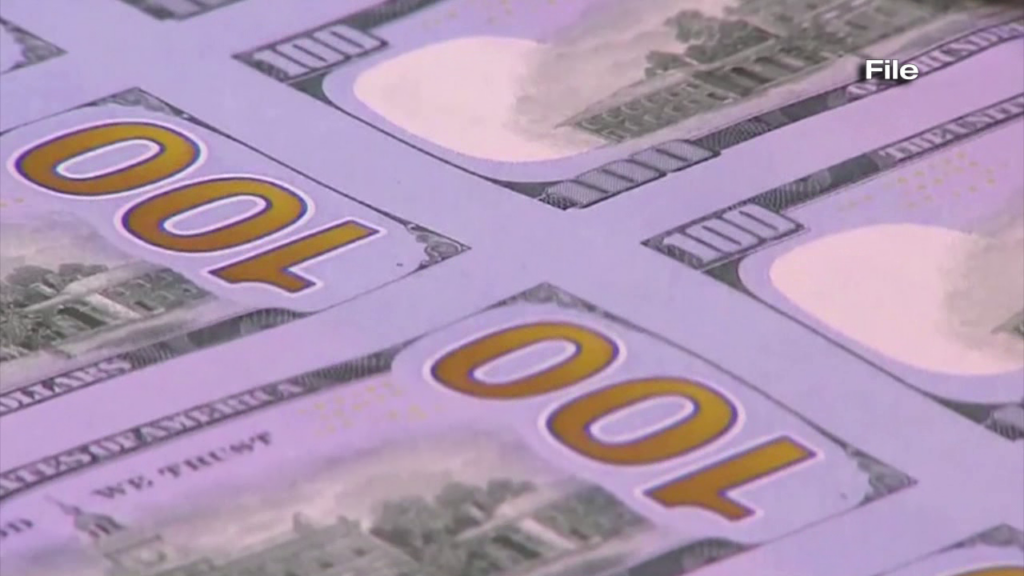What’s to blame for high gas prices?
SALISBURY, Md – Like most Americans, Salisbury University student Anthony Marzullo has been feeling the rise in gas prices where it really hurts: his wallet. “Today, I just came from a class that I had. I came right [to the gas station] and I was dreading it. I was like, ‘got to pay another $20, $30 to get half of what I usually get,'” said Marzullo.
According to AAA, gas prices have risen 14% this year, the equivalent of more than 40 cents per gallon.
But what can we blame for spiking gas prices?
Distinguished Professor Emeritus of History and Political Science at Delaware State University Dr. Samuel Hoff said that there are factors everywhere you look: “There are domestic issues, and then there are regional issues, and then there are global issues.” According to Dr. Hoff’s own analysis, over the past 6 years the price of gas has averaged out to $3.02. A significant factor that he cited in the recent climb is increasing instability in the Middle East–a major oil producing region. “It was a few cents over [$3.02] in January of this year. But since then, largely because of the crisis we’ve seen emanating from the Middle East, the average price right now this week is $3.63. So that’s a major increase.”
Dr. Hoff noted that, even with disturbances in production from conflict overseas, many people don’t realize just how much oil the US produces itself: “The good news is that the United States independence in that area over the last 50 years is, in some polls, ranked as number one in oil production, with Russia at number two.”
Dr. Hoff also said that domestic consumers–and producers–may still be feeling the impact of COVID: “Total U.S. refinery space for oil is a million gallons less on a daily average than it was before the pandemic. Now, that’s going to affect the price of oil in the United States, even with our level of independence.”
As far as domestic factors that can affect prices, Dr. Hoff gave the example of the gas station chain Sheetz getting sued by the federal government, an instance where the burden may get placed back onto the consumer. “A company like that getting sued like that…you’re going to get increases, perhaps in that particular brand, but that may also affect other brands.” Dr. Hoff also used the example of Tesla announcing reduced production and significant layoffs, something the he said could indicate increased demand for oil in the near future.
But there could still be a light at the end of the tunnel. Dr. Hoff said that if conflict in the middle east begins to subside, recent trends give reason for optimism: “We know that if we can stabilize that, we may end back up on a positive trend where prices are, just north of, or even under $3 per gallon.”


